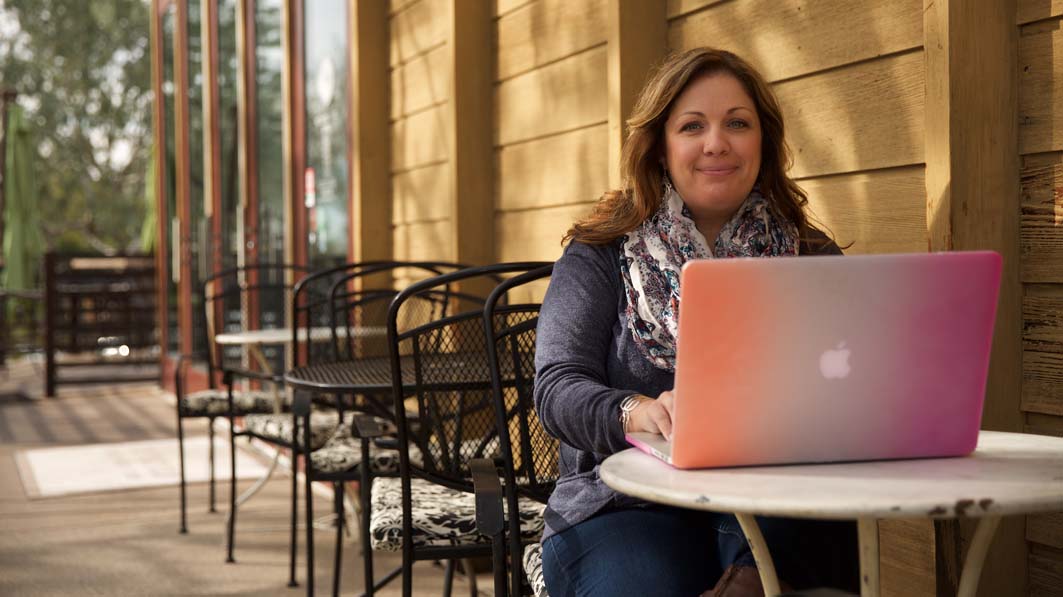Lorie Smith owns her own website and graphic design business in Denver called 303 Creative. She wanted to expand her business into building custom wedding websites but was concerned that Colorado wouldn’t let her operate her business according to her Christian faith.
That’s because Colorado’s nondiscrimination law, the same one that has entangled Masterpiece Cakeshop and its owner, Jack Phillips, for years, would prevent her from advertising that her religious beliefs prevented her from creating websites for anything but traditional opposite-sex marriages. She wanted to place on her own business website a statement about her religious beliefs, including the following:
“These same religious convictions that motivate me also prevent me from creating websites promoting and celebrating ideas or messages that violate my beliefs. So I will not able to create websites for same-sex marriages or any other marriage that is not between one man and one woman. Doing that would compromise my Christian witness and tell a story about marriage that contradicts God’s true story of marriage – the very story He is calling me to promote.”
The Colorado statute Smith was concerned about says this:
“It is a discriminatory practice and unlawful for a person … directly or indirectly, to publish … any written, electronic, or printed communication, notice, or advertisement that indicates that the full and equal enjoyment of the goods, services, facilities, privileges, advantages, or accommodations of a place of public accommodation will be refused, withheld from, or denied an individual or that an individual’s patronage or presence at a place of public accommodation is unwelcome, objectionable, unacceptable, or undesirable because of … sexual orientation.”
And Smith was right to be concerned. When she and her attorneys at Alliance Defending Freedom filed a lawsuit challenging the law’s censorship of her proposed disclaimer, a federal district judge ruled against her, suggesting that until she actually receives a request to create a website for a same-sex wedding, she cannot effectively assert her claim .
That puts her between a rock and a hard place. Waiting to be charged with discrimination by the state government is no way to run a business, and not what the First Amendment requires. In fact, recently the Arizona Supreme Court as well as the 8th U.S. Circuit Court of Appeals have vindicated claimants just like Smith.
So, Smith has asked the 10th U.S. Circuit Court of Appeals to step in and reverse the district court’s judgment. It will be months before that process is complete, and if the 10th Circuit doesn’t allow Smith to choose which weddings she will design websites for, she will have to forego the business opportunity and the revenues it might generate.
As with Jack Phillips, Smith doesn’t discriminate in the types of people she serves but does choose which messages she is willing to convey. If that commonsense free speech principle isn’t definitively upheld by the U.S. Supreme Court in the near future, businesses such as Smith will continue to be forced to either speak government-approved messages with which they disagree, or not engage in the business they desire to. We hope to see the 10th Circuit vindicate Smith’s religious freedom and free speech rights in this case.
The case is 303 Creative LLC v. Elenis et al.
Photo from Alliance Defending Freedom






